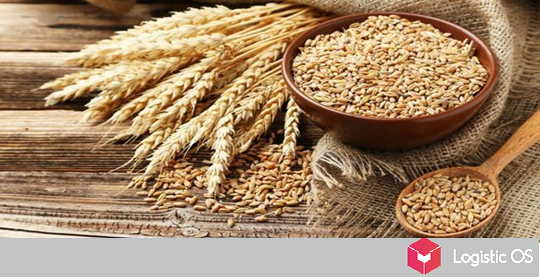At present, winter sowing in the Russian Federation is almost complete, but some agricultural producers are reducing their sown areas.
As Russian Minister of Agriculture Dmitry Patrushev noted recently, sowing of winter crops has now been completed on 18.5 million hectares out of a total area of 20 million hectares that is planned to be sown.
By the way, this year the total area is larger than in the previous one.
In some places, difficulties arise with the weather: due to the lack of rain, there is insufficient moisture in the soil. However, there is hope that precipitation will still fall, and this problem will be solved, the minister noted.
Crop production becomes unprofitable
A much more serious problem is that manufacturers are increasingly working at a loss. In particular, some companies note that they have to face a rise in price for almost everything that is required for production.
For example, recently, at the beginning of autumn, there was a peak increase in fuel prices in the Russian Federation, and it happened just during the sowing season. At the same time, in some regions there was also a physical shortage, so that fuel simply could not be found in the required quantities.
Farmers are not happy with the situation with agricultural machinery.
The problems are similar: imported equipment, which until recently was the focus, is also in short supply, because its supply from unfriendly countries is very difficult. And the equipment that you still manage to buy costs much more than before.
All this also applies to spare parts for it. There is a gradual transition to domestically produced equipment, but at present Russian manufacturers are not yet able to completely saturate the market.
As for fertilizers, they have also risen in price recently, with some items rising by up to 30%.
As a result, the total costs of farmers turned out to be very high. The same cannot be said about income: due to the decline in wheat prices, they dropped significantly. For example, 4th grade wheat is now trading at 10 thousand rubles per ton.
As experts note, all this has led to the fact that many companies have begun to reduce crop areas.
At the same time, they count on the fact that wheat prices will still rise in the coming year, otherwise they could abandon production altogether.
In general, the current situation is quite alarming.
If farmers do not soon find a way to extract enough profit from their activities, then a reduction in production volumes is almost inevitable, analysts warn, and the era of high yields of recent years may be left behind.

